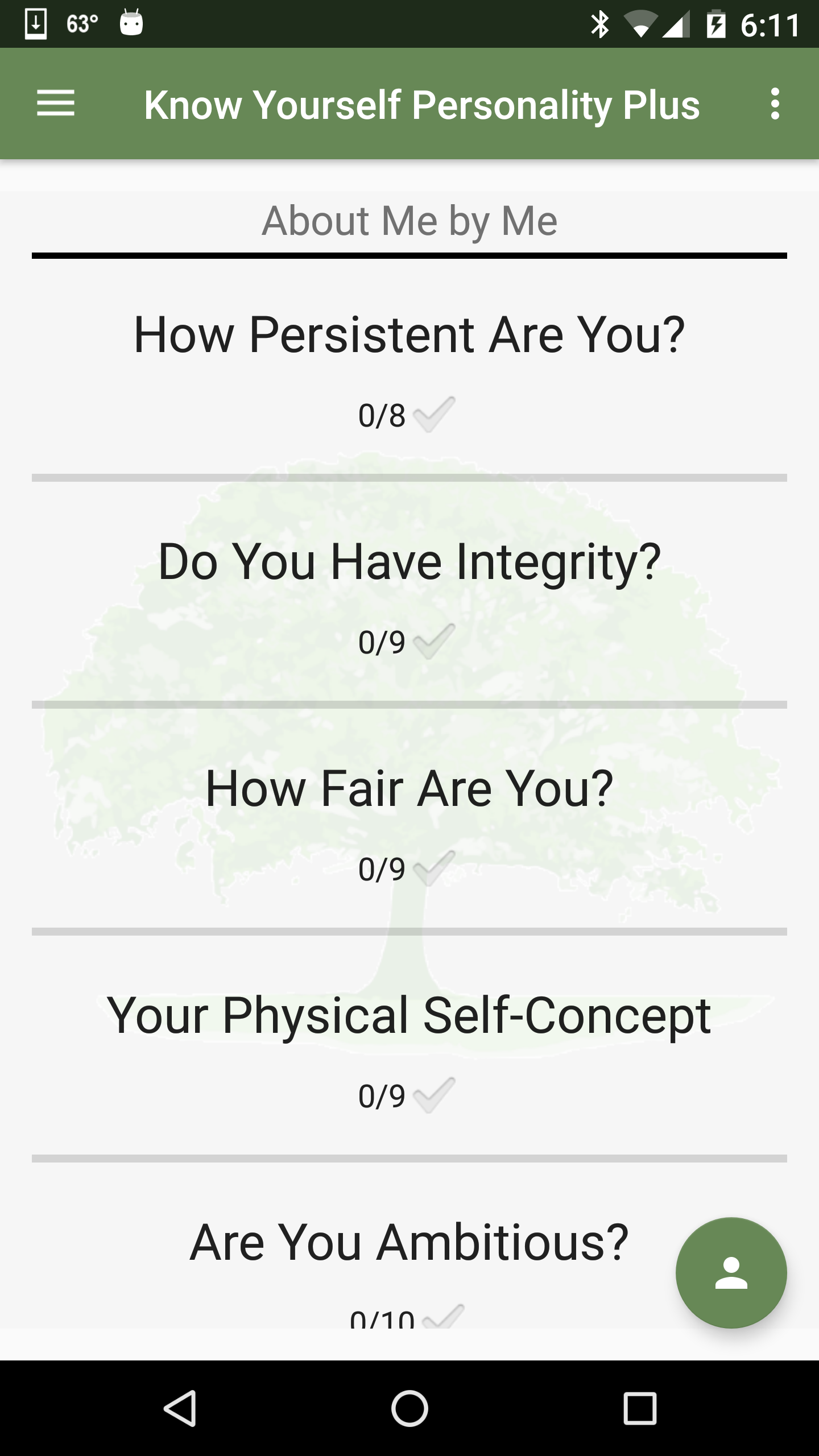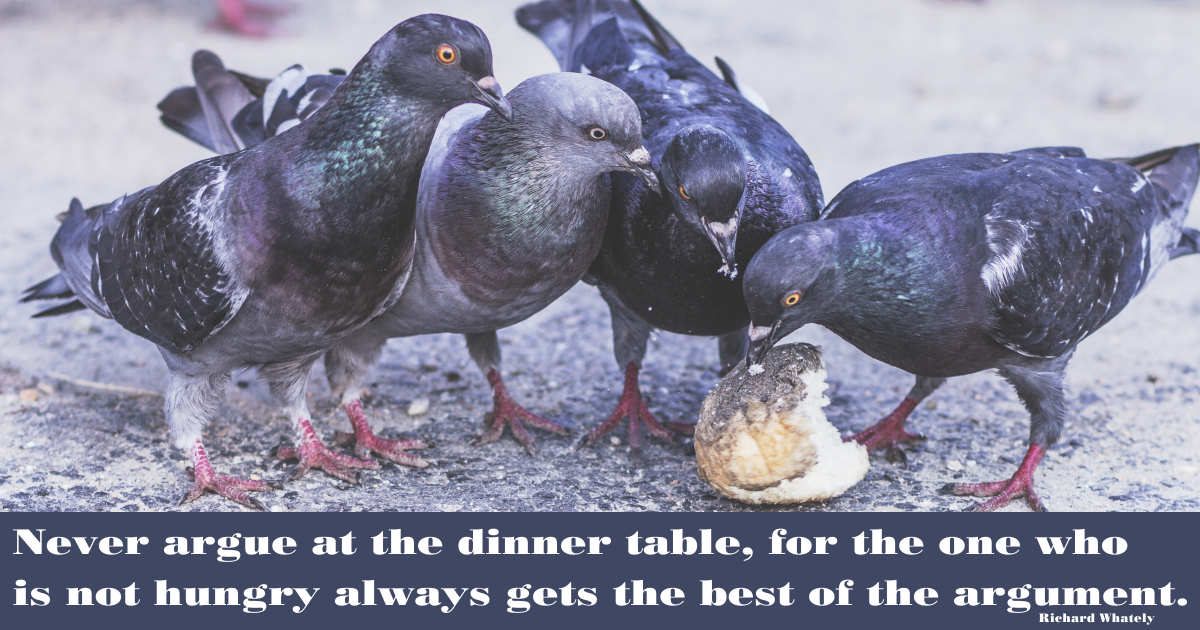










Popular Articles
Crazy-Makers: Dealing with Passive-Aggressive People
Why Are People Mean? Don't Take It Personally!
Struggling to Forgive: An Inability to Grieve
The Secret of Happiness: Let It Find You (But Make the Effort)
20 Steps to Better Self-Esteem
7 Rules and 8 Methods for Responding to Passive-aggressive People
What to Do When Your Jealousy Threatens to Destroy Your Marriage
Guide to How to Set Achieveable Goals
Catastrophe? Or Inconvenience?
Popular Audios
Audio Version of Article: Crazy-Makers: Passive-Aggressive People
Audio Version of Article: Why Are People Mean? Don't Take It Personally!
PsychNotes May 2017
by Monica A. Frank, Ph.D.
Clinical and Sport Psychologist

Index
Previous
Next
May 31, 2017
I act mindlessly much more than I am mindful.
One thing that gets lost in the mindfulness movement is that mindlessness has a purpose, too. Just think—how could you operate a car effectively if you had to be mindful of every action you make (ex. “step on the brake when I see a red light”)?
Frequently, when people first learn about mindfulness they believe more is better. But as with just about anything psychological, it is about balance. Of course, the concept of “balance” is uncomfortable for most people because it is not black and white. Plus, balance can differ for each person so it is not easy to define. Therefore, it is simple to err with too much or too little. (For more, read Balance Life With Balance which discusses the myths of balance.)
Read more...
There's a Time for Mind“less”ness, Too
One thing that gets lost in the mindfulness movement is that mindlessness has a purpose, too. Just think—how could you operate a car effectively if you had to be mindful of every action you make (ex. “step on the brake when I see a red light”)?
Frequently, when people first learn about mindfulness they believe more is better. But as with just about anything psychological, it is about balance. Of course, the concept of “balance” is uncomfortable for most people because it is not black and white. Plus, balance can differ for each person so it is not easy to define. Therefore, it is simple to err with too much or too little. (For more, read Balance Life With Balance which discusses the myths of balance.)
Read more...

May 30, 2017
Recently, in a national news outlet I read advice for parents when their children were anxious about an upcoming important event such as a major sport competition or taking the SAT. One suggestion was to use the cognitive therapy technique of “reappraisal” and to help their child relabel their feelings as “excitement” rather than “anxiety” or “nervousness.”
One of my pet peeves as a cognitive therapist is how people misinterpret the concept of reappraisal to mean the same thing as deluding themselves into believing “Everything will be okay” or “I'm perfect just as I am.”
No, these beliefs aren't necessarily true and making yourself or someone else believe them creates an irrational, albeit positive, belief which can be just as harmful as believing “Nothing will ever work out” or “I'm just a miserable nobody.” Read more...
Why Relabeling Anxiety as Excitement Doesn't Work
One of my pet peeves as a cognitive therapist is how people misinterpret the concept of reappraisal to mean the same thing as deluding themselves into believing “Everything will be okay” or “I'm perfect just as I am.”
No, these beliefs aren't necessarily true and making yourself or someone else believe them creates an irrational, albeit positive, belief which can be just as harmful as believing “Nothing will ever work out” or “I'm just a miserable nobody.” Read more...

May 23, 2017
Unfortunately, clinical depression causes the deterioration of many relationships. The spouse or partner either doesn't understand the depression or tries to compensate but gets overwhelmed by their partner's hopelessness. This can lead to conflict or withdrawal which can exacerbate the depression because of the additional layer of grief.
If you love someone who has depression, there are a number of ways you can be helpful:
1) Recognize depression as an illness. Too often others see depression as a weakness. They think of it as the person with depression is unable to cope with everyday problems that everyone else seems to manage. However, depression is NOT an emotional problem due to the inability to face life stresses. On the contrary, the person with depression has to manage a very serious illness while trying to manage life's problems as well. Although many people give lip service to the idea of depression as a physical illness, it is important to thoroughly understand what this means. To further understand, read: Depression is Not Sadness. Read more...
When You Love Someone With Depression
If you love someone who has depression, there are a number of ways you can be helpful:
1) Recognize depression as an illness. Too often others see depression as a weakness. They think of it as the person with depression is unable to cope with everyday problems that everyone else seems to manage. However, depression is NOT an emotional problem due to the inability to face life stresses. On the contrary, the person with depression has to manage a very serious illness while trying to manage life's problems as well. Although many people give lip service to the idea of depression as a physical illness, it is important to thoroughly understand what this means. To further understand, read: Depression is Not Sadness. Read more...

May 19, 2017
Strong Dad-Child Bond May Buffer Against Mom’s Depression
Underlying molecular mechanism of bipolar disorder
Society considers people with mental illnesses to be more dangerous than they are
Borderline personality disorder—as scientific understanding increases, improved clinical management needed
Smartphones new weapon in war against anxiety
Three Ways Mindfulness Can Make You Less Biased
More links...
PsychNews
Links to news articles based on psychological research:
More links...

May 18, 2017
Know Yourself Personality Plus is a new and improved version of Know Yourself Personality Test.
To celebrate over a million downloads of Know Yourself, Excel At Life released Know Yourself Personality Plus with a completely new look, improved usability, and additional tests.
Cognitive Styles Test -- great for evaluating patterns of thinking that can lead to problems
Your Happiness Assessment -- identifies issues that can interfere with happiness
Although these tests are available in separate apps and at Excel At Life, Know Yourself Personality Plus includes new features:
create a free account to store results which allows access from different devices
easily share test results with a friend or your therapist
easily compare test results for compatibility issues with a friend
New Android app! Know Yourself Personality Plus
To celebrate over a million downloads of Know Yourself, Excel At Life released Know Yourself Personality Plus with a completely new look, improved usability, and additional tests.
Cognitive Styles Test -- great for evaluating patterns of thinking that can lead to problems
Your Happiness Assessment -- identifies issues that can interfere with happiness
Although these tests are available in separate apps and at Excel At Life, Know Yourself Personality Plus includes new features:

May 16, 2017
One of the worst times to make decisions is when you are hungry. People are less likely to be thoughtful about their decisions when hungry and more likely to be impulsive.
A review of research regarding hunger and decision-making shows how hunger affects thinking and behavior (Orquin and Kurzban, 2016):
1) More willing to spend money on food. Most people know not to go to the grocery store when hungry as they are more likely to purchase items that they don't need or less healthy foods.
2) Less likely to spend money on things that are not food related. When a person is hungry they have more difficulty making purchase decisions about non-food items.
3) More willing to work on tasks focused on food. Being hungry makes a person more willing to work on tasks to obtain food such as preparing a meal. Read more...
Can't Think When You're Hungry?
A review of research regarding hunger and decision-making shows how hunger affects thinking and behavior (Orquin and Kurzban, 2016):
1) More willing to spend money on food. Most people know not to go to the grocery store when hungry as they are more likely to purchase items that they don't need or less healthy foods.
2) Less likely to spend money on things that are not food related. When a person is hungry they have more difficulty making purchase decisions about non-food items.
3) More willing to work on tasks focused on food. Being hungry makes a person more willing to work on tasks to obtain food such as preparing a meal. Read more...

May 15, 2017
Many of those with anxiety report problems with their memory. And yes, a review of the research shows that your memory is worse when you're anxious. However, specifically, it is what is called “working memory” that is amiss (Moran, 2016).
First, let's examine how memory works and then we'll look at what happens with anxiety. To do so, it is necessary to define memory types and memory storage.
2) Semantic. Language and knowledge are considered semantic memories. Reading or knowing the difference between a cat and a dog are examples of this type of memory.
3) Procedural. Remembering how to do things is procedural memory. Examples of this type of memory include driving a car, swimming, or even walking up steps. Read more...
Anxiety and Poor Memory: It's Really About Attention
First, let's examine how memory works and then we'll look at what happens with anxiety. To do so, it is necessary to define memory types and memory storage.
Memory Types
1) Episodic. Memories of events that are unique to the individual are episodic memories. An example might be the day you were married or an argument you had with a friend yesterday.2) Semantic. Language and knowledge are considered semantic memories. Reading or knowing the difference between a cat and a dog are examples of this type of memory.
3) Procedural. Remembering how to do things is procedural memory. Examples of this type of memory include driving a car, swimming, or even walking up steps. Read more...

May 3, 2017
 Question:
I have a 20-year-old daughter. She is an amazing young woman, going to college, working, and doing mission work twice a year in third world countries. I pay for her college, her housing, car and insurance. Her job affords her to buy food, fuel, and spending money. For the most part, we have a good relationship, but I see it declining. Much like described in this article, I will have a discussion with her trying to be upbeat but always feeling like I'm walking on eggshells. Just tonight, I called her and in the middle of the discussion, she yells the F-word. She knows I don't like cussing, so I respond by saying maybe I should call her back later. She complains and acts very callous towards me. I no longer say anything about her behavior. When I have responded with anything similar to the recommended "Maybe I am but I don't like it when you treat me this way", her normal response is that I'm being over-sensitive. I have started creating a distance between us, but also want to continue to provide love and support to her.
Question:
I have a 20-year-old daughter. She is an amazing young woman, going to college, working, and doing mission work twice a year in third world countries. I pay for her college, her housing, car and insurance. Her job affords her to buy food, fuel, and spending money. For the most part, we have a good relationship, but I see it declining. Much like described in this article, I will have a discussion with her trying to be upbeat but always feeling like I'm walking on eggshells. Just tonight, I called her and in the middle of the discussion, she yells the F-word. She knows I don't like cussing, so I respond by saying maybe I should call her back later. She complains and acts very callous towards me. I no longer say anything about her behavior. When I have responded with anything similar to the recommended "Maybe I am but I don't like it when you treat me this way", her normal response is that I'm being over-sensitive. I have started creating a distance between us, but also want to continue to provide love and support to her.
Passive-Aggressive Example: Passive Control as a Form of Passive-Aggression
 Question:
I have a 20-year-old daughter. She is an amazing young woman, going to college, working, and doing mission work twice a year in third world countries. I pay for her college, her housing, car and insurance. Her job affords her to buy food, fuel, and spending money. For the most part, we have a good relationship, but I see it declining. Much like described in this article, I will have a discussion with her trying to be upbeat but always feeling like I'm walking on eggshells. Just tonight, I called her and in the middle of the discussion, she yells the F-word. She knows I don't like cussing, so I respond by saying maybe I should call her back later. She complains and acts very callous towards me. I no longer say anything about her behavior. When I have responded with anything similar to the recommended "Maybe I am but I don't like it when you treat me this way", her normal response is that I'm being over-sensitive. I have started creating a distance between us, but also want to continue to provide love and support to her.
Question:
I have a 20-year-old daughter. She is an amazing young woman, going to college, working, and doing mission work twice a year in third world countries. I pay for her college, her housing, car and insurance. Her job affords her to buy food, fuel, and spending money. For the most part, we have a good relationship, but I see it declining. Much like described in this article, I will have a discussion with her trying to be upbeat but always feeling like I'm walking on eggshells. Just tonight, I called her and in the middle of the discussion, she yells the F-word. She knows I don't like cussing, so I respond by saying maybe I should call her back later. She complains and acts very callous towards me. I no longer say anything about her behavior. When I have responded with anything similar to the recommended "Maybe I am but I don't like it when you treat me this way", her normal response is that I'm being over-sensitive. I have started creating a distance between us, but also want to continue to provide love and support to her.



















